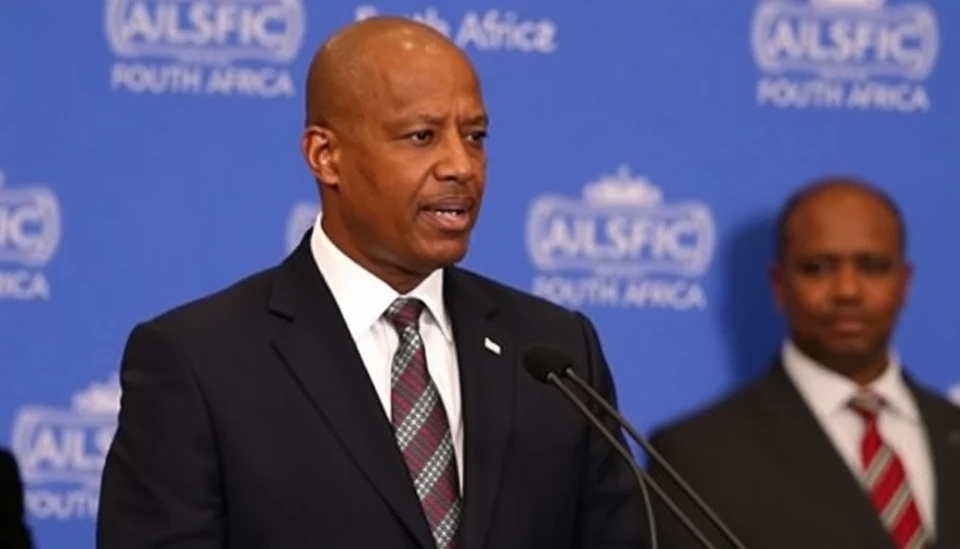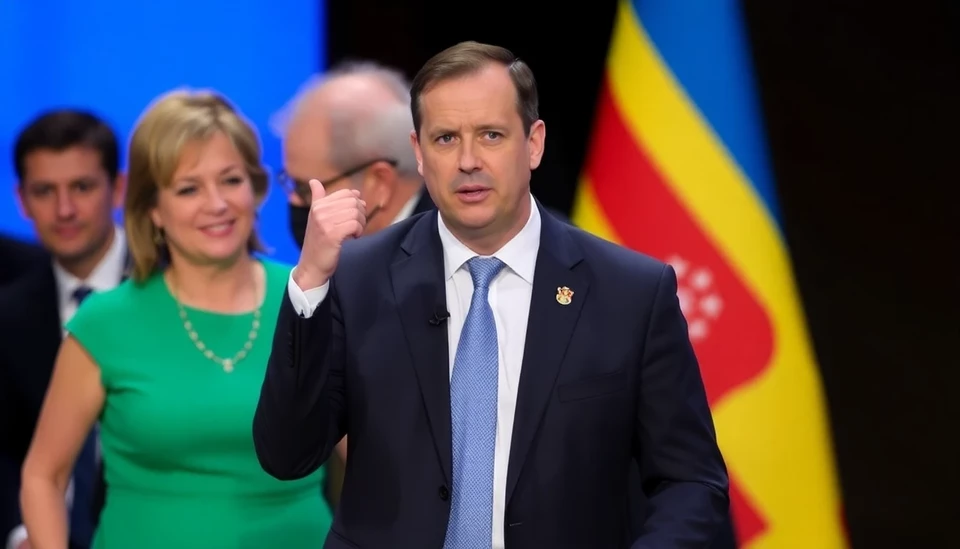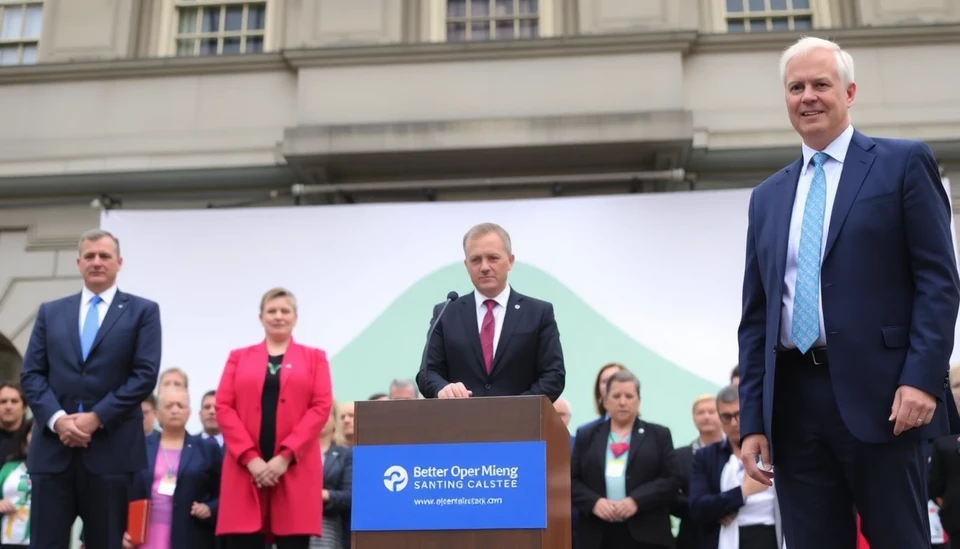
Budget Crisis in South Africa: Coalition Government Faces Internal Strains
In the wake of a recently unveiled budget plan, South Africa's ruling coalition is confronting significant internal tensions that threaten to undermine its stability. The coalition, comprising diverse political factions, has come under scrutiny as proposals for budget allocations reveal stark disagreements among its members. This discord has intensified following the government's effort to navigate a challenging economic landscape marked by rising costs and low growth.
Continue reading
South African Rand Takes a Hit Amid Coalition Government Tensions
The South African rand has recently experienced a decline following the release of reports highlighting increasing tensions within the ruling coalition government. As investors closely monitor the political landscape, fluctuations in the rand's value are becoming more noticeable, reflecting the concerns surrounding the stability of the current administration.
Continue reading
A Glimpse into Austria's Economic Struggles: A Coalition's Deficit Goals at Risk
Austria finds itself grappling with a persistent economic downturn that has raised concerns about the government's ability to meet its deficit reduction targets. As the nation combats the looming specter of recession, the ruling coalition faces mounting pressure to address the financial turmoil and rein in spending while ensuring that essential services remain unaffected.
Continue reading
Israel on the Brink of Passing a Crucial Budget, Offering a Rare Political Respite for Netanyahu
In a significant political development, Israel is poised to pass a new national budget, providing a momentary reprieve for Prime Minister Benjamin Netanyahu amid ongoing political challenges. This upcoming vote is seen not just as a fiscal strategy but also as a crucial step to stabilize Netanyahu’s administration, which has faced intense scrutiny and turmoil over the past several months.
Continue reading
German Political Landscape Shifts as Party Leaders Rally Support for Crucial Finance Package Ahead of Vote
In a significant development in German politics, leaders from the nation's ruling parties have expressed optimism regarding support for a critical financial aid package. This comes just ahead of a crucial vote expected in the Bundestag, Germany's federal parliament. The anticipated legislation is aimed at bolstering the country’s economy amid ongoing challenges, including global inflation and recent energy crises.
Continue reading
South Africa's Fragile Coalition Government Faces Critical Budget Decisions
In a period marked by economic instability and social discontent, South Africa is preparing for another crucial budget announcement that could determine the future of its fragile coalition government. The upcoming fiscal plan, intended to address mounting challenges, is set against the backdrop of significant public pressure and political uncertainty.
Continue reading
Spanish Prime Minister Faces Setback as Catalan Party Ceases Negotiations
In a significant political development in Spain, Prime Minister Pedro Sánchez has suffered a major blow as the Catalan political party, Esquerra Republicana de Catalunya (ERC), has announced it is halting negotiations aimed at securing support for Sánchez's administration. This abrupt end to discussions comes in the wake of deepening tensions surrounding Catalonia's autonomy and the Spanish government's handling of numerous socioeconomic issues.
Continue reading
Major Political Breakthrough: Ireland's Leading Parties Unite for Government
In a significant development for Ireland's political landscape, the country’s main parties have reportedly reached a groundbreaking agreement to form a government. As reported by the Irish Times, this coalition marks a pivotal moment for Irish politics, helping to stabilize a government that has faced challenges in recent years.
Continue reading
Germany's Political Turmoil: Upcoming Snap Vote Jeopardizes Energy Transition Goals
Germany is currently facing a political turning point that could significantly impact its ambitious energy transition strategy. A snap election, looming on the horizon, has raised uncertainties regarding the country's commitments to sustainable energy policies. These developments come amid Chancellor Olaf Scholz's ongoing tussles with coalition partners, particularly concerning energy costs and regulatory frameworks.
Continue reading
Shaky Financial Future: Germany’s Coalition Faces a €75 Billion Budget Crisis
Germany is currently navigating through turbulent financial waters as its ruling coalition grapples with a looming budget deficit that could amount to a staggering €75 billion. The instability is prompting urgent discussions and potential shifts in policy as the government attempts to manage its fiscal responsibilities while addressing the needs of a diverse electorate.
Continue reading